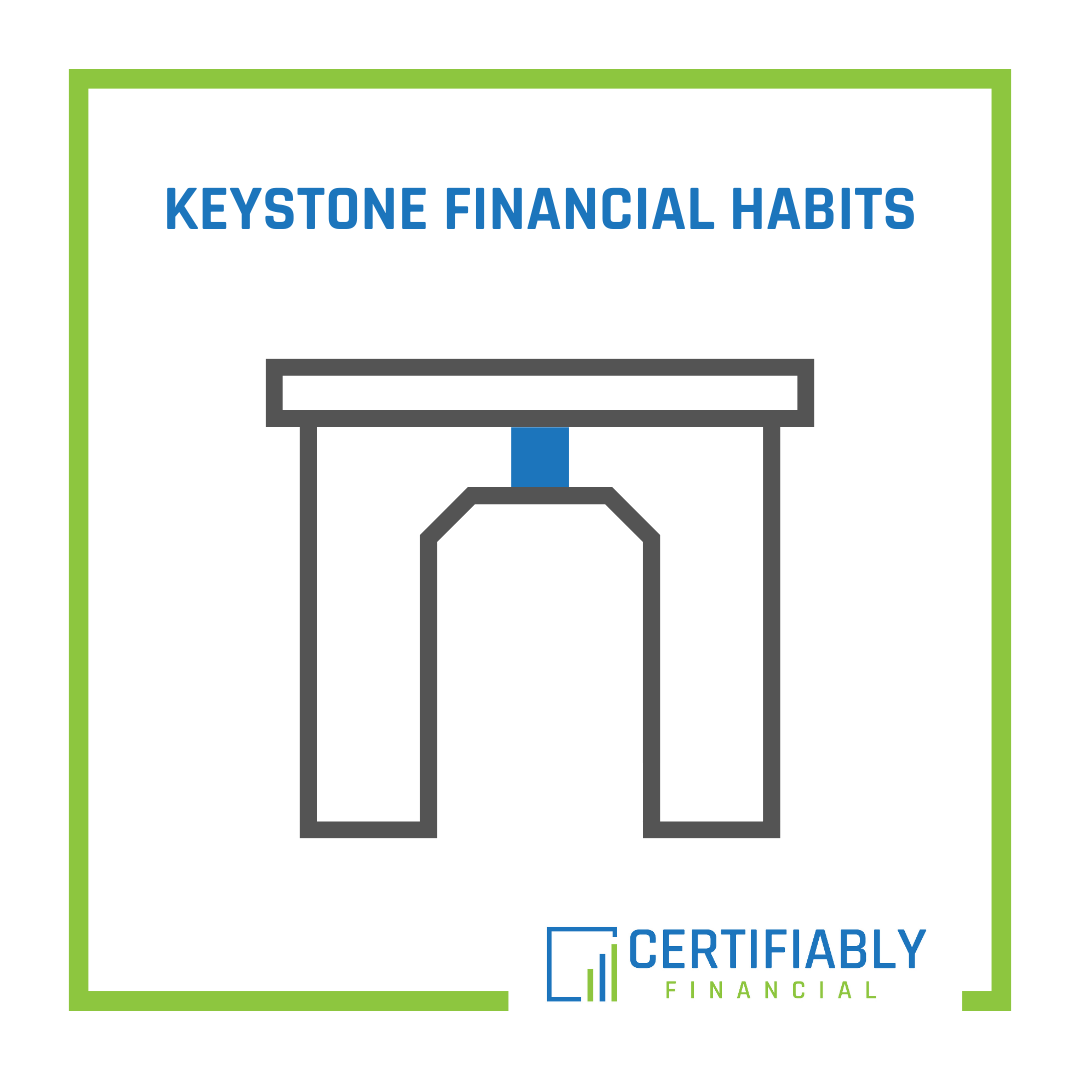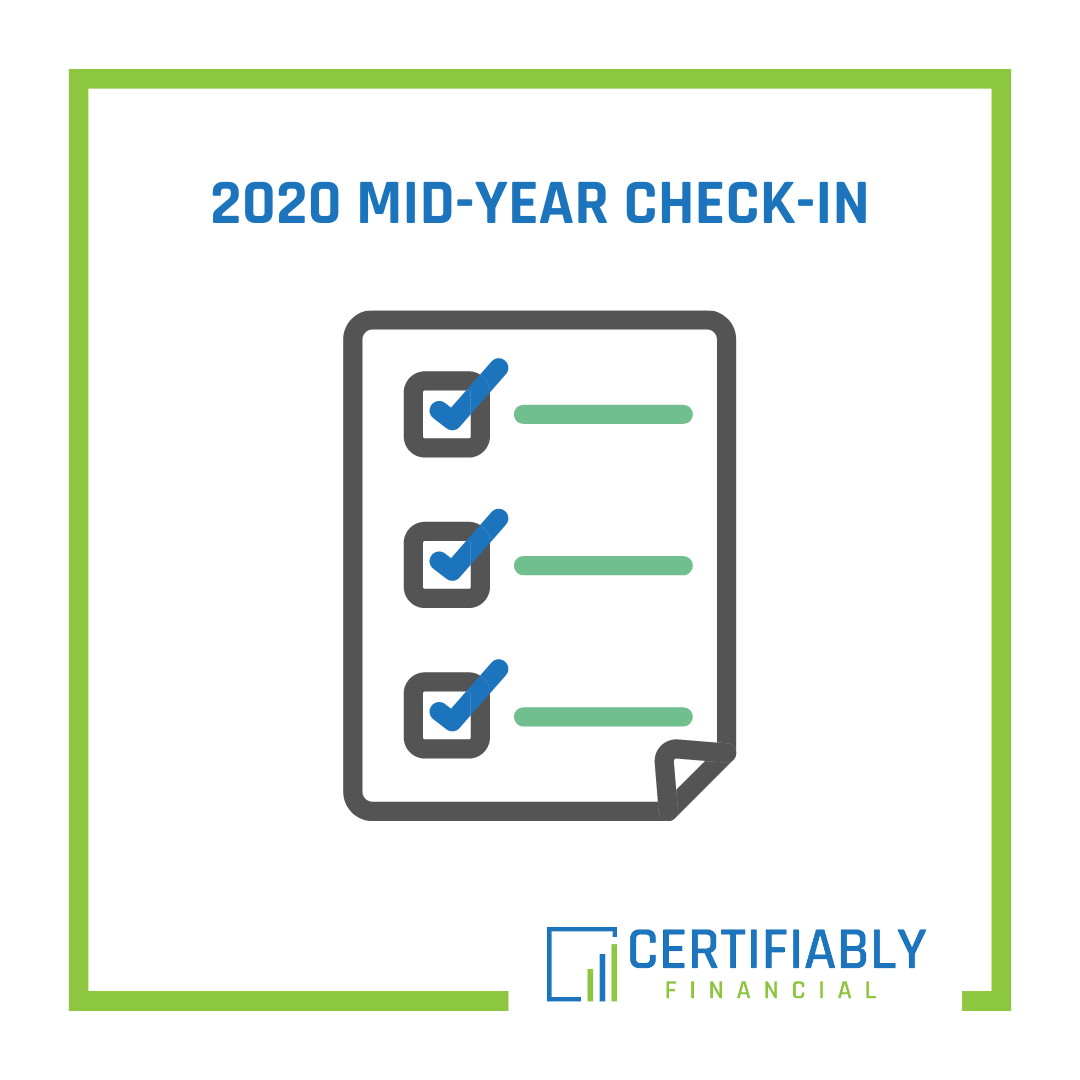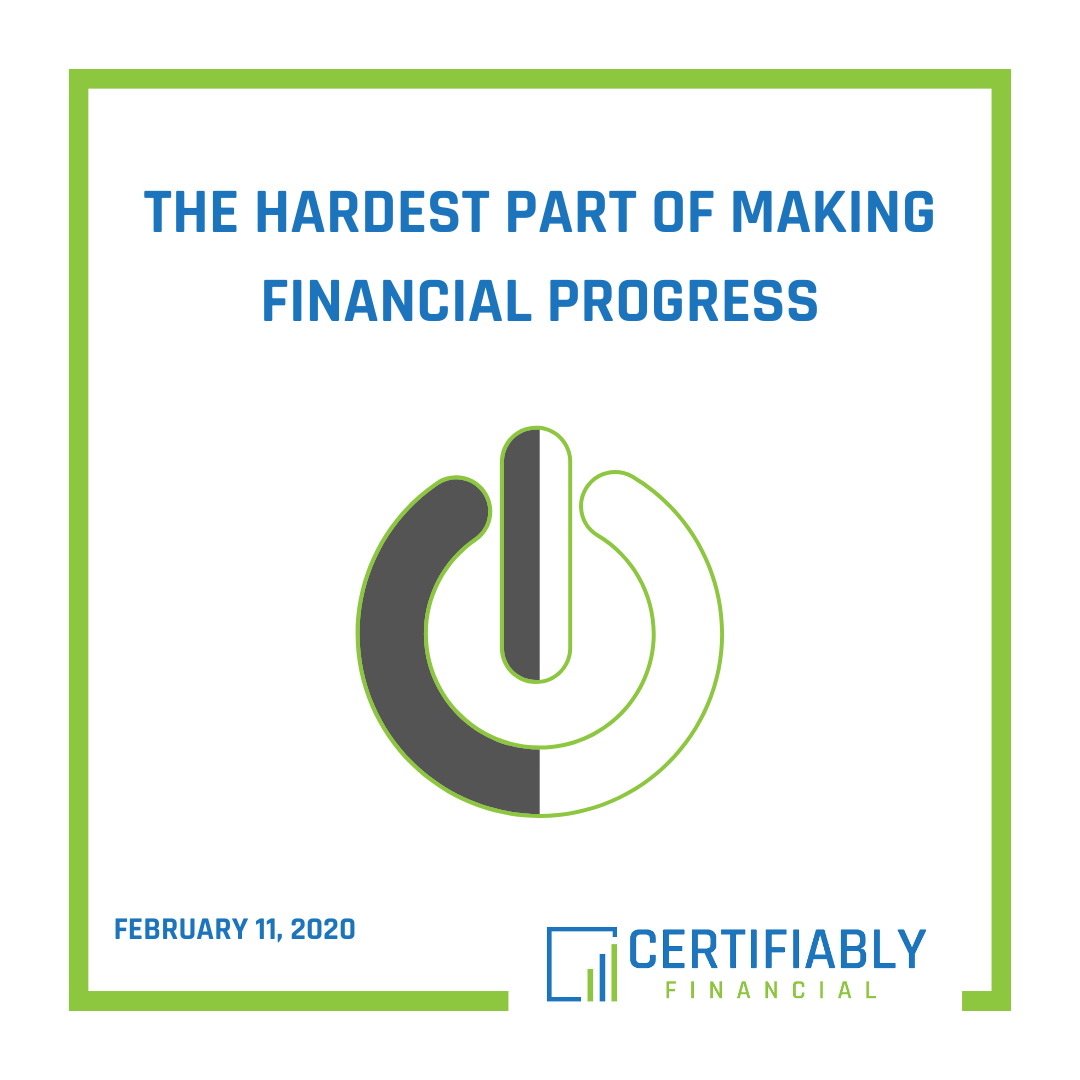At the end of each month on my podcast (Circle City Success), my co-host Jason and I recap the episodes for the month and speak about some of the common themes and things that we learned. Last month, we had a special guest host (and former podcast guest) do the recap with us, which was really fun. As I was thinking about the recap, and the theme that we heard of intentionality, it made me think of a question that people should be asking themselves more often: Are you intentional with your money?
Goals
Federal Student Loan Payment Pause Extended Through January 31, 2022
Federal student loan payments have been paused since March 2020. As of August 6, that pause has been extended “one final time” through January 31, 2022. What this means is that Federal student loan payments will not be required until February 2022 and that interest on these loans will not accrue during that time.
5 Questions to Help You Determine Your Financial Goals
What are your goals? This is a question that you’ll inevitably be asked in one way or another if you begin working with a financial planner. I work with a lot of clients who are in their 30s and 40s and it seems to be a difficult question to answer for most of them. Clients often tell me that they’re not sure what their goals are (or what they should be) and they’re looking for help in defining them.
Keystone Financial Habits
The beginning of the year is one of the main times when people are motivated and looking to create new positive financial habits that will lead to a better financial life. If there were only a handful of financial habits for you to focus on developing this year, what would they be? What are those few things that you should focus your time on?
2020 Mid-Year Check-In
We’re halfway through a crazy year. In normal times, it’s easy to get caught up in the day-to-day of life and not pay attention to your personal finances. It’s been much easier to do that this year with everything that we’ve been facing. Ideally, you’ve been monitoring and tracking your progress towards your financial goals on a consistent basis throughout the year. If you have, then this may be a good time to take a step back and look at the bigger picture. If you haven’t then this is a great opportunity to start.
Day 28 Of 30 Days Of Stay-At-Home Personal Finance Wins: Create A Financial Goal Tracker
What if you were able to come out of this time of social distancing and economic crisis with a stronger and healthier financial life? What if you looked at this as an opportunity to take a little bit of your extra time each day to work on your finances?
Day 27 Of 30 Days Of Stay-At-Home Personal Finance Wins: Write Down Your Financial Goals
What if you were able to come out of this time of social distancing and economic crisis with a stronger and healthier financial life? What if you looked at this as an opportunity to take a little bit of your extra time each day to work on your finances?
The Hardest Part Of Making Financial Progress
I get up at 4 AM three days per week and I don’t use the snooze button. I do have a trick though. I set an alarm 5 minutes before I want to get out of bed and then I actually do get out of bed once my “wake up” alarm goes off. (It’s not cheating.) Most people think I’m crazy for getting up so early and heading to the gym before work and they tell me how hard it is for them to get out of bed in the morning. My response, “The hardest part is making your feet hit the floor.”
Money Meeting
A concept that I’ve always really liked the idea of and that I’ve heard thrown around quite often lately on the financial podcasts that I listen to and financial blogs that I read is the “money meeting”, “money date”, or “money talk”, as some call it. No matter what you call it, I think it’s important to set aside time to have serious conversations about your finances with your spouse or significant other.
Update Often
3 minute read
Your financial life doesn’t change only once per year so you shouldn’t only pay attention to it when you’re setting your new year’s goals or when your financial planner tells you it’s time to update. A financial plan is a living, breathing, changing part of your life that requires consistent attention to fully develop and produce the results that you want it to. A good financial planner should keep in contact with you throughout the year to help ensure that you’re accomplishing the things that you need to so that you can reach your goals. If you don’t work with a financial planner, then it’s up to you to keep yourself accountable to revisit your personal finances frequently, make sure that you’re on track to meet your goals, and adjust as needed.
Be Proactive
So many things happen over the course of a year that, even though they could be huge life events, sometimes we don’t even consider how they could affect our financial lives or take the time to consider how they have affected us after a while – receiving a raise, buying a new home, having a child, etc. These things are all part of life, but we don’t always take the time to plan for how they will, or have, impacted our financial situation.
Being proactive about planning for life events that you know are going to happen, such as buying a house or having a child, can save you a lot of heartache in the long run and ensure that you’re on track to reach your goals. However, setting goals to save X amount of money for a down payment on a home and obtaining adequate life insurance coverage this year is likely to be ineffective if you don’t check in on your progress towards those goals until the end of the year. Tracking your progress and adjusting as needed on a consistent basis will lead to you being much more likely to achieve the things that you want to.
Life Happens
You never know what life’s going to throw at you next. Not only does revisiting your financial plan often allow you to plan for the long-term, but it also helps you plan to absorb short-term catastrophe as well. This week, many well-respected journalists at the Indy Star were laid off. I’m sure many of them never thought they’d be in this position and, unfortunately, I’m sure that many of them weren’t prepared to be unemployed.
At a larger level, the federal government has been shut down for over a month now, leaving government employees without paychecks. Regrettably, the statistics tell us that the vast majority of these workers weren’t prepared for not having a paycheck, let alone going without multiple. In 2018, the Federal Reserve Board issued a report that stated that 40% of Americans don’t have enough liquid cash to cover a $400 emergency. While this number is decreasing, it’s still far too high and shows us that many of these people who have lost their jobs and gone without paychecks likely didn’t have a plan in place for situations like this.
Although I don’t want to make examples of these gravely unfortunate situation, I hope that this shows why it’s so important to revisit your personal financial plan often. We can all say, “it won’t happen to me”, but the reality is that it very well could happen to anyone. What’s your excuse for not making sure that you’re taking care of yourself, your family, and your future self? Proper planning and evaluation of your personal finances on a consistent basis can not only help you to be prepared for catastrophes, but can also help you to leading a happy, successful, and prosperous financial life.










